
Former Goldman Sachs CEO: ‘Laughable’ that banks failed because of diversity

Former Goldman Sachs CEO: ‘Laughable’ that banks failed because of diversity
From CNN’s Rob McLean
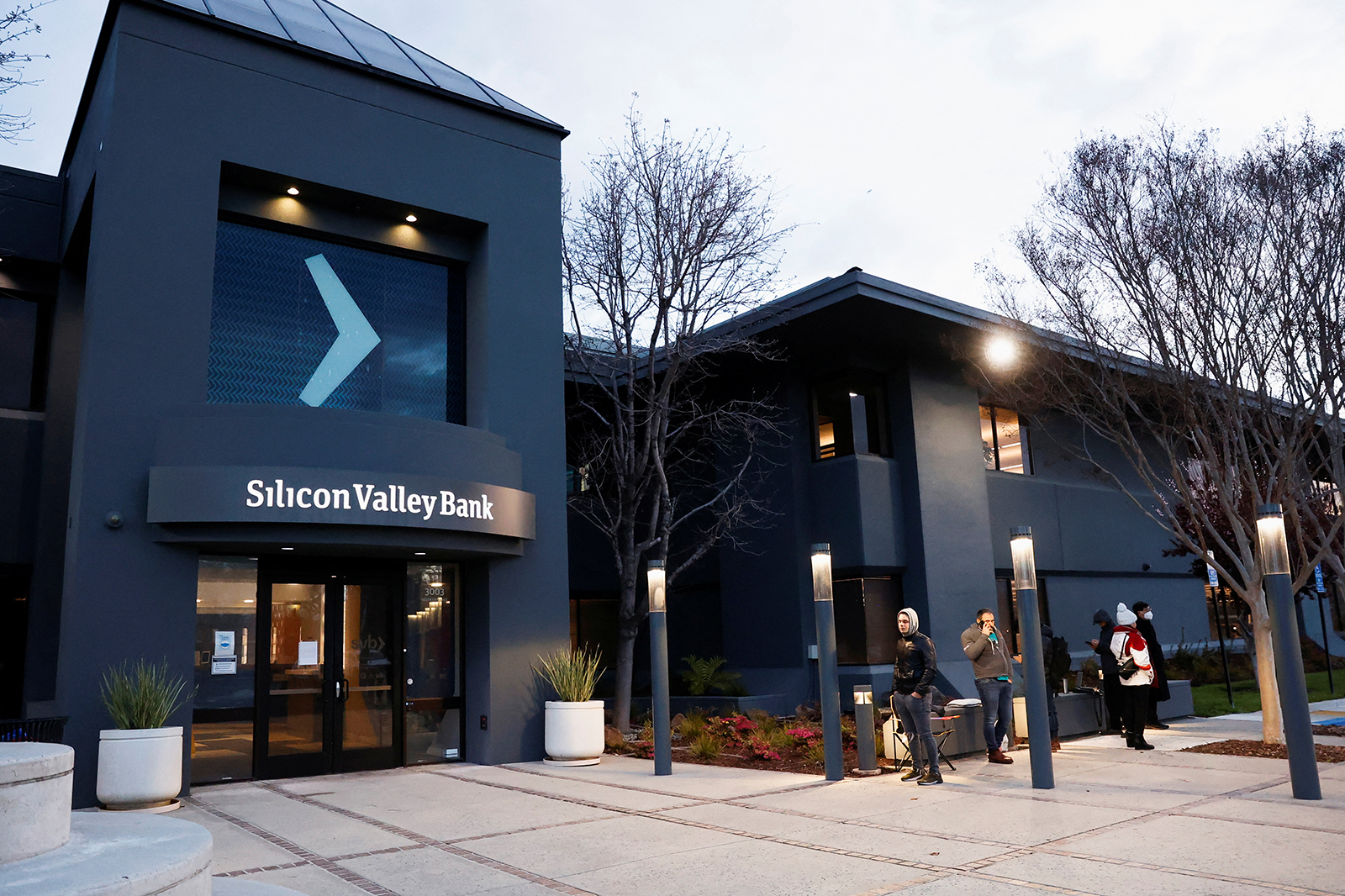
Lloyd Blankfein, senior chairman and former CEO of Goldman Sachs, said it was “laughable” that Silicon Valley Bank collapsed because it had board members who belong to minority communities.
During a conversation with Erin Burnett on CNN’s Erin Burnett Outfront Tuesday, Blankfein reacted to a quote from Florida Governor Ron DeSantis and a Wall Street Journal op-ed by Andy Kessler.
Desantis blamed the bank’s collapse on its concern with “DEI [diversity, equity and inclusion] and politics.”
Kessler, meanwhile, wrote, “In its proxy statement, SVB notes that besides 91% of their board being independent and 45% women, they also have “1 Black,” “1 LGBTQ+” and “2 Veterans.” I’m not saying 12 white men would have avoided this mess, but the company may have been distracted by diversity demands.”
Instead of addressing the quotes head-on, Blankfein said that in retrospect, signs of the bank’s collapse were missed.
“Banks publish the unrealized losses that are embedded in their portfolios,” he said. “It was there to be seen… It wasn’t seen to be that dangerous given that the bank didn’t have to sell any of those securities. But they certainly did once withdrawals started to be made. And so, in hindsight, it will have appeared to have been in plain sight, and the signals will have been missed. But it became critical only when deposits were withdrawn and the banks needed to sell those out-of the-money securities in order to raise funds.”
When Burnett asked again if the bank collapsed because it was focused on placing a black person or a gay person on its board, Blankfein responded:
“I’m not an expert in mass psychology, but I think that’s very unlikely and I think frankly it’s a bit laughable.”
Treasury is monitoring the Credit Suisse situation
From CNN’s Matt Egan
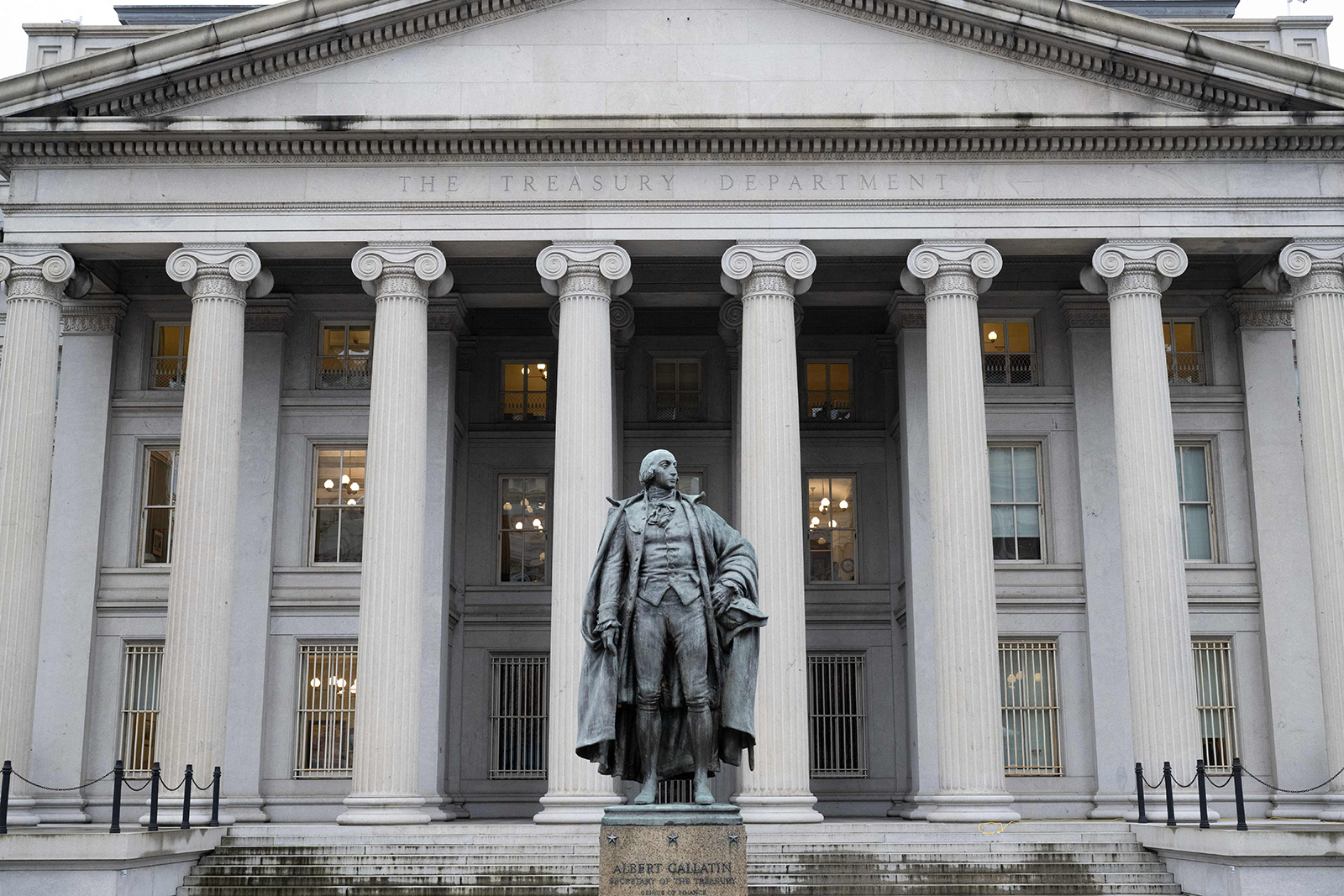
Officials at the Treasury Department are monitoring the situation at Credit Suisse and are in touch with their global counterparts, a Treasury spokesperson told CNN Wednesday.
Shares of Credit Suisse crashed more than 20% Wednesday to a new record low after its biggest backer appeared to rule out providing any more funding for the embattled Swiss lender.
That brought down the stocks of several European banks, US banks and the broader market along with it.
Fitch and S&P downgrade First Republic Bank amid deposit worries
From CNN’s Matt Egan
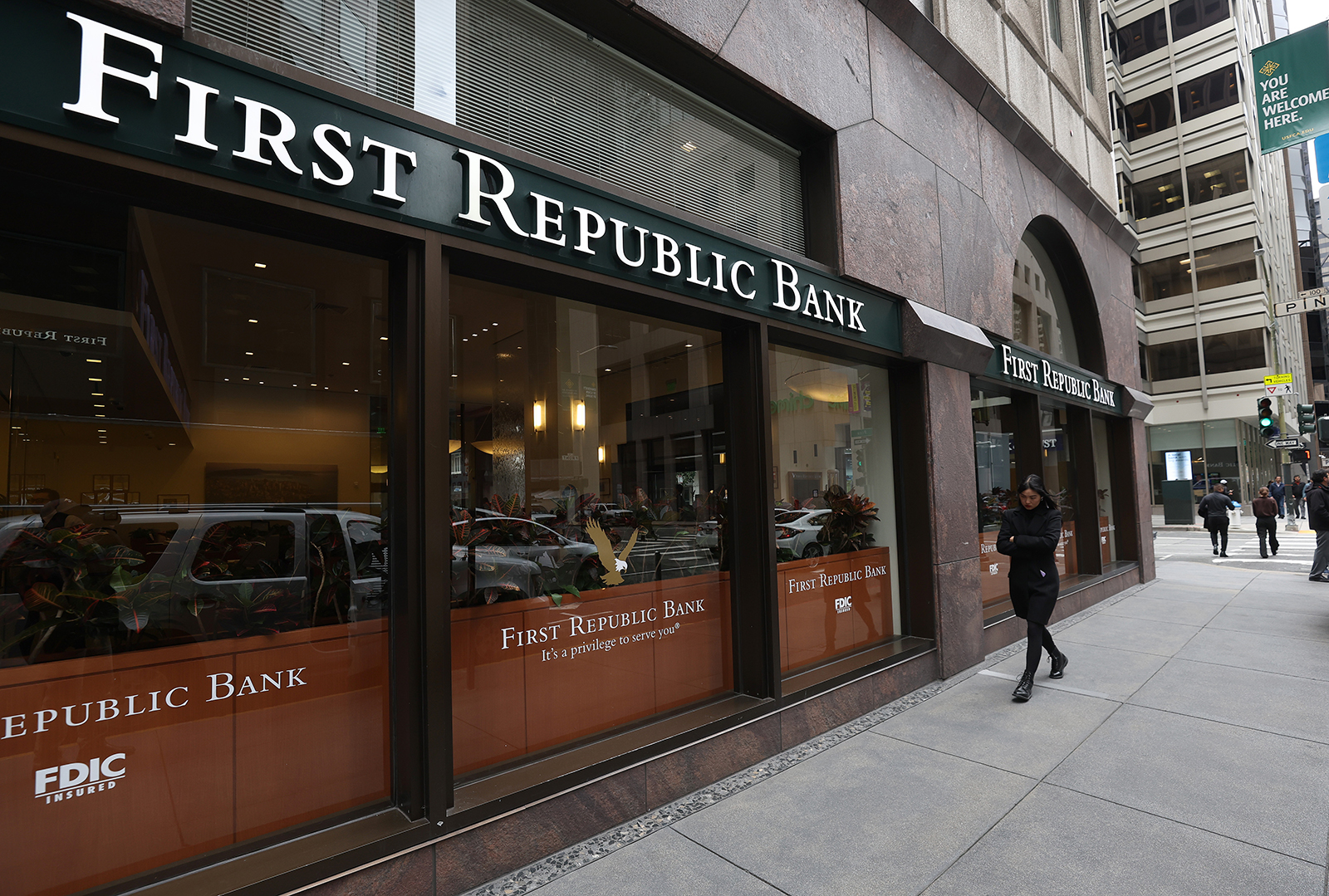
First Republic Bank’s credit ratings were downgraded on Wednesday by both Fitch Ratings and S&P Global Ratings on concerns that depositors could pull their cash despite the federal intervention.
Fitch also placed another regional bank, PacWest Bancorp, on watch for a potential credit ratings downgrade of its own.
The moves reflect continued worries about the banking system in the aftermath of the collapse of Silicon Valley Bank and Signature Bank.
“We believe the risk of deposit outflows is elevated at First Republic – despite actions by federal regulators,” S&P wrote in its report.
First Republic shares tumbled 16% to session lows in midday trading following the downgrades.
Both credit ratings firms pointed to the large amount of deposits at First Republic that are uninsured because they are above the $250,000 FDIC limit.
The San Francisco-based lender has a high concentration of deposits among wealth clients in coastal markets in the United States, a characteristic that is now viewed as a “rating weakness” in today’s environment.
“This not only drives a high proportion of uninsured deposits as a percentage of total deposits but also results in deposits that can be less sticky in times of crisis or severe stress,” Fitch said. “Fitch believes this feature of the business model has resulted in franchise erosion following the high profile failures of SVB Financial and Signature Bank, despite the deposit base being more diversified from a sector/industry standpoint.”
From a practical standpoint, a credit ratings downgrade can make it more expensive for banks to borrow.
Both Fitch and S&P warned they could downgrade First Republic further.
Bank failures conjure up the dreaded ‘b-word’: Bailout
From CNN’s Nathaniel Meyersohn
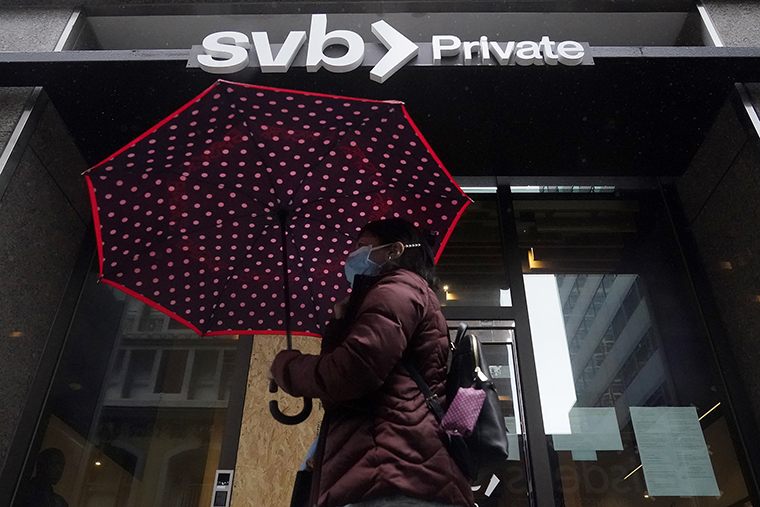
“Bailout” became a curse word in American politics following the 2008 global financial crisis, fueling backlash among people who felt the risks and potential consequences of capitalism didn’t apply to big corporations or the wealthy.
Now the recent failure of two major banks, Silicon Valley Bank and Signature Bank — and federal intervention to backstop the banks’ uninsured depositors — have pushed the B-word back to the center of the nation’s political and economic debates.
While the back-and-forth about whether this intervention was a bailout can be chalked up to semantics, it raises key questions about the structure of the financial system and who the government protects during moments of crisis — and who it leaves out.
Read more at CNN Business.
Home builder confidence climbs for the third consecutive month
From CNN’s Anna Bahney
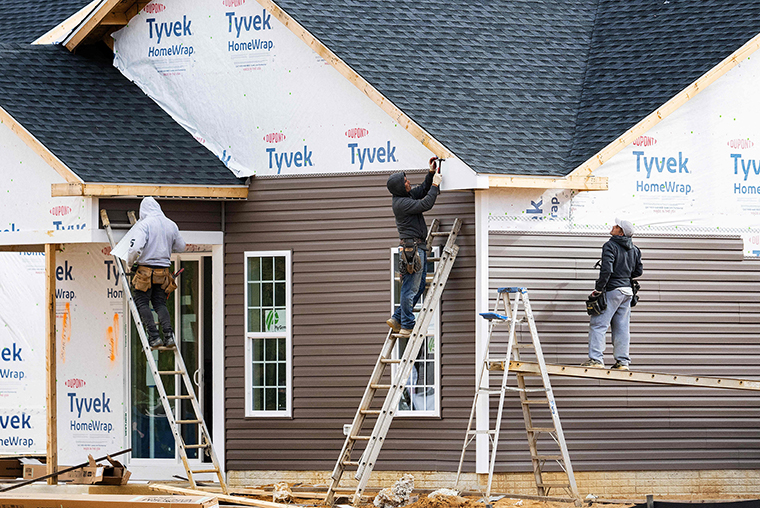
Home builder confidence climbed for the third consecutive month, even as mortgage rates climbed higher for buyers.
That’s according to a March report from the National Association of Home Builders that looks at current sales, buyer traffic and the outlook for sales of new construction homes over the next six months.
It was the strongest showing for the index since September.
After pivoting positive in January for the first time in a year, home building looked set to continue improving as construction prospects improve and inflation cooled. This has been good news for home buyers who have been facing low inventory amid a decades-long national shortfall in building.
Recent instability concerns in the banking system however, are creating more volatility in interest rates and uncertainty for builders.
Mortgage rates had climbed more than half a percentage point over the past month. After recent bank failures, however, mortgage rates are dropping as investors flock to the relative safety of bonds.
“Builders are highly uncertain about the near- and medium-term outlook” despite expected improvement in mortgage rates and March’s improvement in sentiment, said Alicia Huey, NAHB chairman.
The follow-on effects from the banking instability putting pressure on regional banks, as well as continued Fed tightening, will be further constraints for homebuilder’s acquisition, development and construction (AD&C) loans, said Robert Dietz, NAHB’s chief economist.
And that will ultimately be passed on to buyers.
“When AD&C loan conditions are tight, lot inventory constricts and adds an additional hurdle to housing affordability,” he said. “The cost and availability of housing inventory remains a critical constraint for prospective home buyers.”
Bridgewater founder Ray Dalio warns SVB is a ‘canary in the coal mine’
From CNN’s Nicole Goodkind
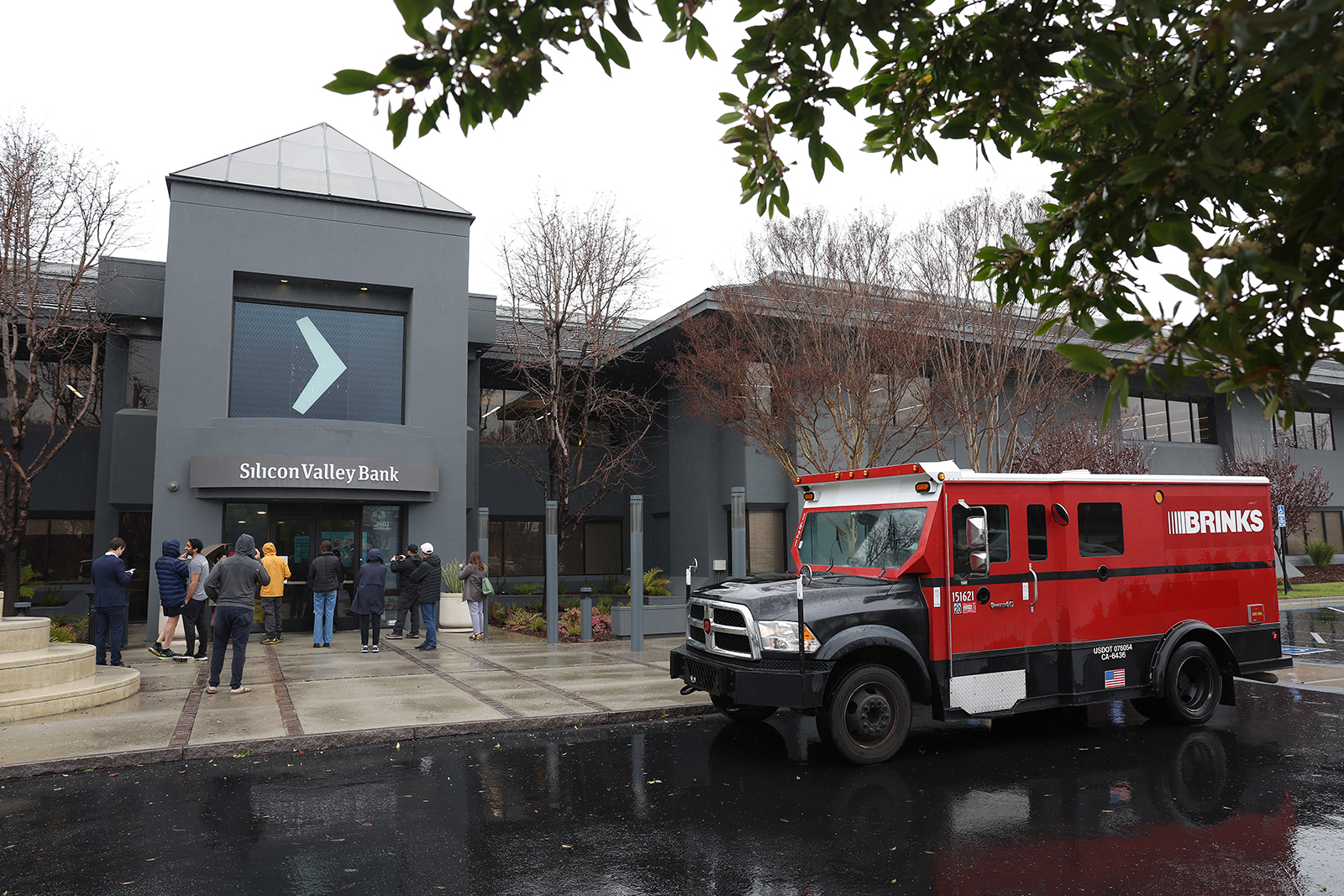
Bridgewater Associates founder Ray Dalio on Tuesday afternoon warned investors that there’s more pain ahead for the global financial system.
Writing in his newsletter, Dalio said that the collapse of Silicon Valley Bank was a “canary in the coal mine” moment that will have knock-on effects “in the venture world and way beyond it.”
By aggressively hiking interest rates, central banks have ushered in a new era for the global economy filled with fallout from contractions in the debt and credit industry, he added.
“I think that it is a very classic event in the very classic bubble-bursting part of the short-term debt cycle,” wrote Dalio. “It is likely that this bank failure will be followed by many more problems before the contraction phase of the cycle runs its course,” he said.
Dalio, who built one of the world’s largest hedge funds and has a net worth of $16.2 billion, added that the 2024 election cycle and rising geopolitical tensions with Russia and China will create more economic risk in the coming years.
“In a nutshell, it looks to me like the next two years will be a very risky time,” he said.
Bitcoin takes another wild ride as ‘a hedge against banks’
From CNN’s Krystal Hur
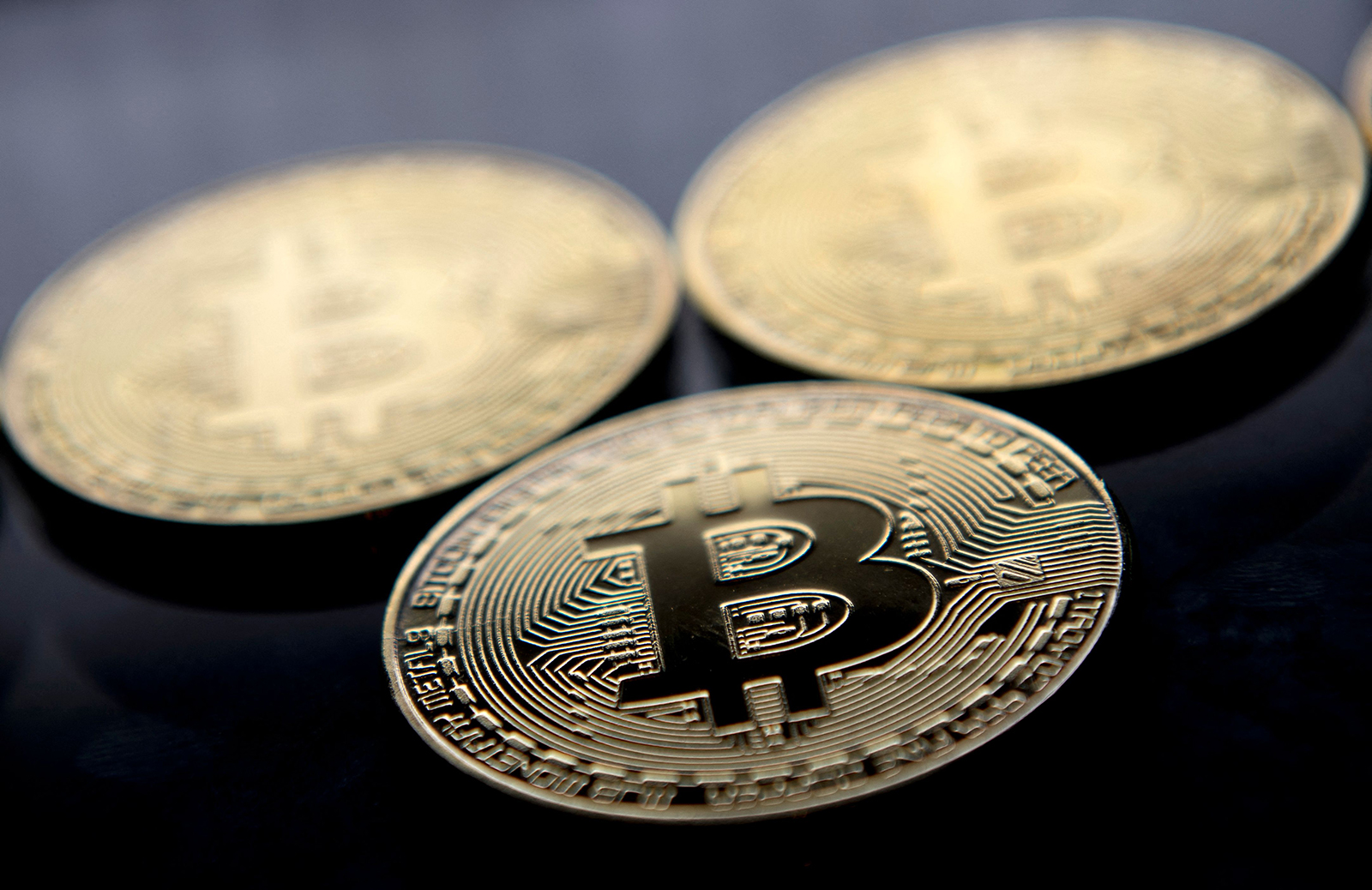
After surging by over 20% in the past few days, bitcoin stumbled Wednesday, falling by 1.7% to $24,213 as investors digested conflicting signals from the market.
While bitcoin’s trajectory is volatile to say the least, one reason for Bitcoin’s recent rally could be traced to a March 13 tweet from Changpeng Zhao, CEO of crypto exchange Binance, Frank said. That tweet said the company would convert into crypto (such as bitcoin and ethereum) the remainder of a $1 billion fund it created to boost the industry’s recovery.
Additionally, recent pressure in the banking sector has led some investors to search for alternative places to park their cash.
“Crypto is a very narrative-driven asset class, and it’s always in search of its next narrative, and when that narrative catches on….” said Frank. “In this case, I think this bitcoin as a hedge against banks has started to catch on a little bit.”
“When an asset surges 20% it’s going to be volatile,” he added.
Dow falls by more than 600 points as banking fears spread
From CNN’s Krystal Hur
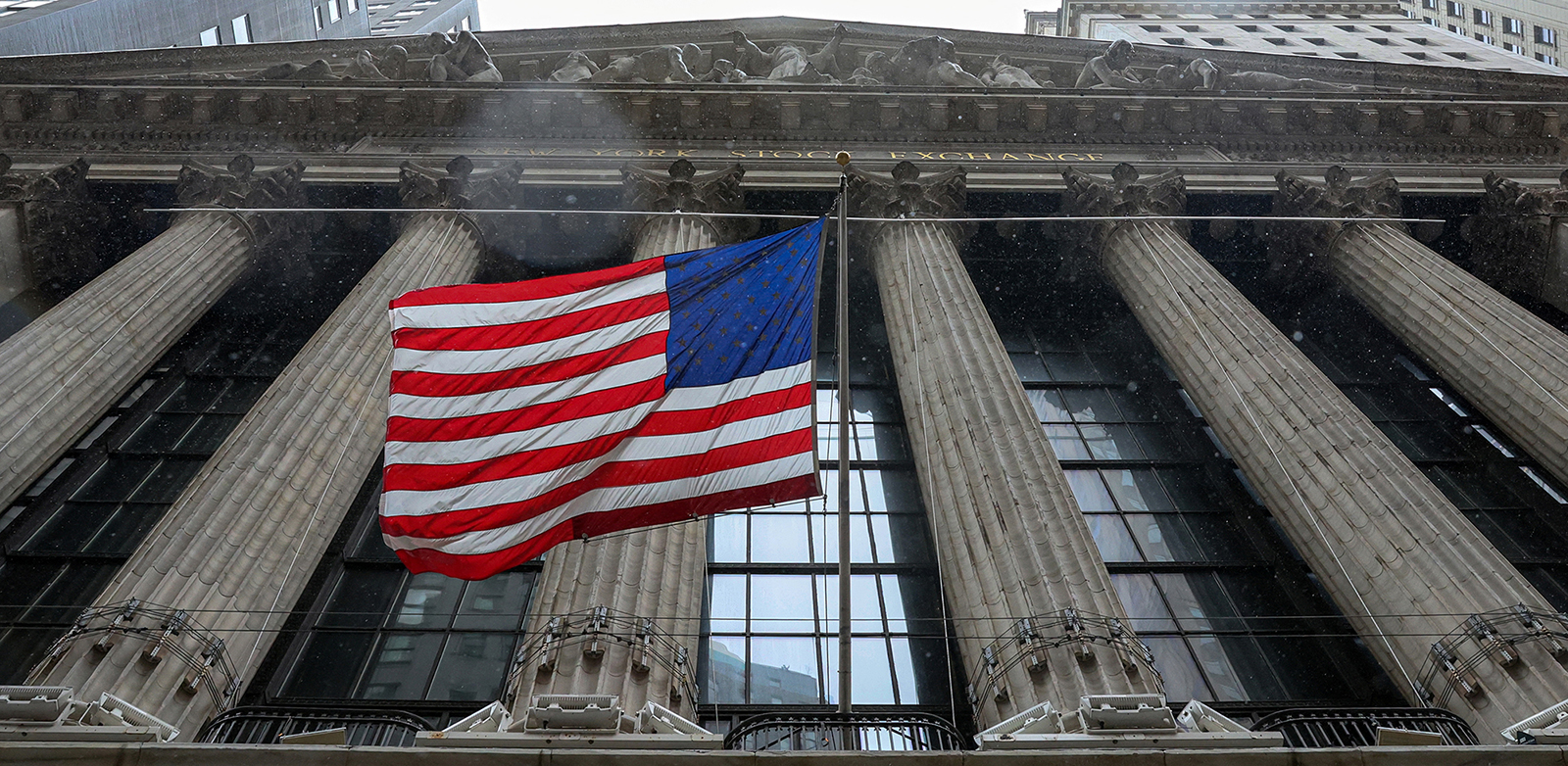
The Dow opened the day with a decline of more than 600 points Wednesday as banking fears spread across global markets.
The S&P and Nasdaq slipped roughly 2% and 1.5%, respectively.
Shares of embattled Swiss lender Credit Suisse were down by more than 20% after its biggest shareholder chose not to increase funding. That comes after the bank cited “material weakness” in its financial reporting Tuesday and got rid of executive bonuses.
Shares of US banks also fell: Wells Fargo was down 4.9% and JPMorgan Chase stock dropped 3.6%.
Wall Street continues to grapple with banking tumult domestically, after the collapse of Silicon Valley Bank and Signature Bank rocked markets last week and early this week. While stocks recouped some of their losses on Tuesday, investors remain wary of the banking fallout and what it means for the Federal Reserve’s interest rate-hiking campaign going forward and the overall stability of the financial sector.
CNN’s Fear & Greed Index was at 22 Wednesday morning, indicating extreme fear in the market.
Markets also digested the latest economic data giving insight into the state of inflation. The Producer Price Index, a metric measuring prices paid for goods and services by businesses before they’re sold to customers, fell to 4.6% for the 12 months ended in February.
At the same time, US retail sales fell 0.4% last month, showing that Americans cut back on spending in February after splurging the month before.
Both data points suggest that the Fed is making headway in its fight against inflation. The CME FedWatch Tool showed that traders see a 58.3% probability of a quarter-point rate hike at the central bank’s meeting next week.
Are the problems facing Credit Suisse and SVB related?
From CNN’s Allison Morrow
Just as the panic over the US banking system appeared to fade, a fresh burst of anxiety blew in from Europe.
Credit Suisse shares crashed more than 20% in Zurich, dragging down European bank stocks along with it. US stock futures fell Wednesday morning after rallying strongly on Tuesday.
What’s the connection between Credit Suisse and SVB? They’re facing unrelated problems that happened to take place at the same time, worrying investors about the banking sector.
“Credit Suisse has been a slowing-moving car crash for years,” wrote Peter Boockvar, chief investment officer of Bleakley Financial Group. “But now today’s news of course is happening in the vortex of SVB.”
The “global bank psychology” is already fragile, Boockvar said. Investors around the world were thoroughly rattled by the collapse of Silicon Valley Bank and Signature, making the banking sector particularly vulnerable to any signs of trouble.
Did the SVB mess cause Credit Suisse shares to tank? No. But are European and US banks facing a similar macro environment of suddenly-higher interest rates following a decade or more of low (or even negative) rates? Yes.
Source: https://www.cnn.com/business/live-news/stock-market-svb-inflation-ppi-031523/h_1eb0d4f93dc38c0615760aa1f6bb6ed4

















